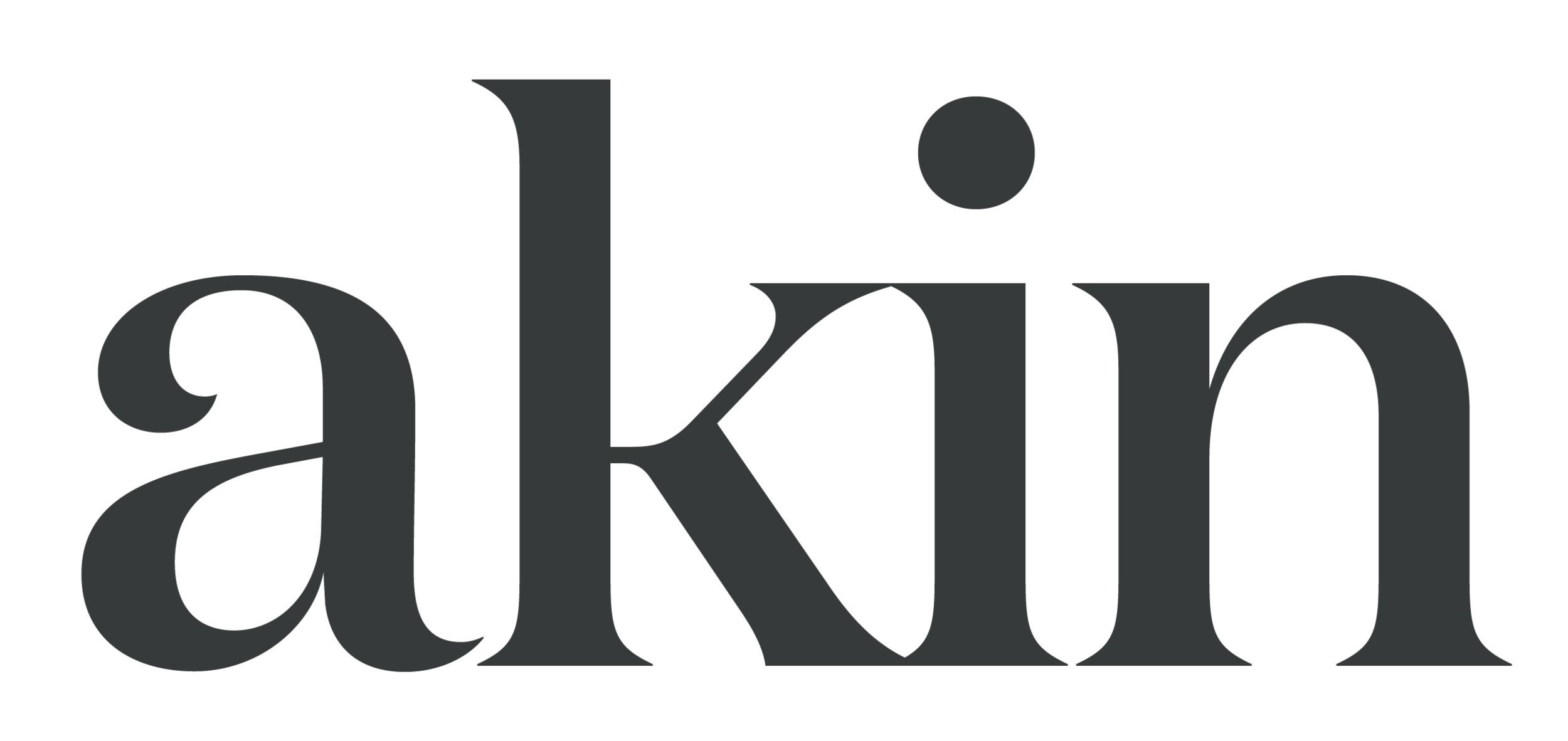Acupuncture
Courtney Maree Reiman, DACM, LAc, specializing in fertility, pregnancy, postpartum and loss @drcourtneyreiman
From a Chinese medicine standpoint, what happens to the body after giving birth?
In Chinese medicine, giving birth is the only naturally occurring event in a woman’s life where she loses substantial amounts of blood and ‘qi’, or vital energy. Blood and energy needs to be replenished in order for a woman to fully recover her strength and well-being — a process that can take four to six months for some, and much longer (even years) for others.
The first four to six weeks postpartum are known as the “Golden Month,” in Chinese medicine. During this time, it’s advisable (and even expected) that a mother focuses her attention on eating well, resting and bonding with baby. Since the pace of modern society does not always allow for this amount of time to disconnect from all other things in life, acupuncture — together with proper nutrition and lifestyle practices — can help replenish these essential nutrients and energy at a faster pace.
How does acupuncture support the healing process?
Acupuncture and herbs can support the healing process, both physically and emotionally:
Energy, Hormones
There is a huge shift in the female body after giving birth to both baby and the placenta. The loss of blood can understandably lead to varying degrees of exhaustion and fatigue. This, combined with lack of sleep, learning how to care for your new babe, and keeping up with other responsibilities, may lead a mother to chronically feel “tired but wired.” This can be a cause or an effect of fluctuating hormones, which can sometimes lead to more serious conditions, including perinatal mood disorders. (Note: While Chinese medicine may assist in balancing hormones and energy, it will be appropriate for some new mothers to seek additional support.)
Acupuncture is all about finding homeostasis in the body, which will ultimately help a new mother to feel more like herself. Treatments help calm the nervous system, balance hormones and nourish healthy levels of blood and energy back into the body. With regular sessions, the medicine works to re-calibrate the body to transition to a more grounded, peaceful way of being.
Lactation
It’s common for first-time (and many second- or third-time) parents to find some challenges with breastfeeding. Studies show that acupuncture and herbal medicine can help with balancing your milk supply.
Pain
Acupuncture and herbs can help with a variety of symptoms — everything from abdominal cramping to back pain, hemorrhoids, and constipation. Treatments speed up healing by drawing healthy amounts of blood and oxygen to the affected area, moving stagnation and releasing pressure to help alleviate pain.
What can I expect from a postpartum acupuncture treatment?
Postpartum acupuncture treatments follow a pretty similar process as described in other phases, with a focus on your recovery and particular circumstance.
If this is your first appointment, your practitioner will have you fill out a questionnaire, asking you about your pregnancy, birth, diet, digestion, sleep, mood, stress levels, and overall health. They will also take a look at your tongue and check your pulse to confirm a diagnosis. After talking with you at length about your health history, your acupuncturist will get you set up on a massage table, where you’ll relax for your acupuncture treatment (usually around 25 minutes).
Based on your discussion with the practitioner, you will be told how many sessions will be appropriate to resolve any symptoms (such as improving energy, mood, sleep, or resolving pain). Your treatment frequency will reflect their recommendations and your ability to attend sessions.
During the postpartum period, your practitioner may also suggest using moxibustion for optimal support and recovery.
Moxibustion
A common practice in many cultures, “mother warming” is used to help with recovery from the physical and emotional efforts of labor. Using an herb called ai ye, or mugwort, a practitioner applies a warming treatment to the mother’s lower back and abdomen to replenish blood, protect the mother’s body from sickness and nourish her back into wellness. Mother warming is known for its numerous effects — increasing strength, calming the mother, shrinking the uterus, and even improving lactation.
Is acupuncture covered by insurance?
A growing number of insurance plans cover acupuncture. If a practitioner is not in-network, be sure to check what your out of network benefits are. Some practitioners will even bill as a courtesy to out of network providers. Still other clinics are happy to provide you with a superbill (itemized receipt) if you wish to submit for reimbursement to your insurance carrier, or if you prefer to use a health savings or flex spending account.








Acupuncture — together with proper nutrition and lifestyle practices — can help you replenish essential nutrients and energy at a faster pace.